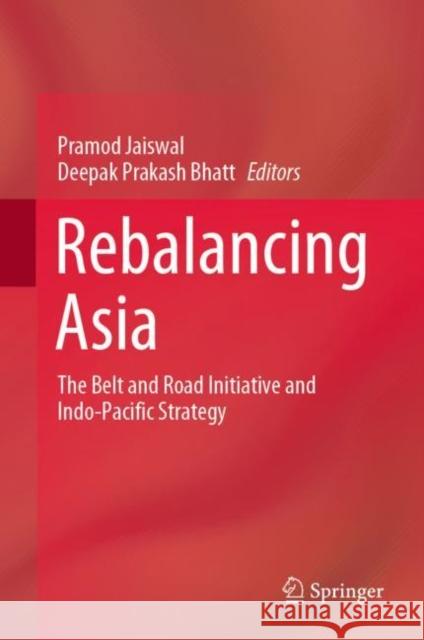Rebalancing Asia: The Belt and Road Initiative and Indo-Pacific Strategy » książka
topmenu
Rebalancing Asia: The Belt and Road Initiative and Indo-Pacific Strategy
ISBN-13: 9789811637568 / Angielski / Twarda / 2021 / 262 str.
Kategorie:
Kategorie BISAC:
Wydawca:
Springer
Język:
Angielski
ISBN-13:
9789811637568
Rok wydania:
2021
Wydanie:
2021
Ilość stron:
262
Waga:
0.54 kg
Wymiary:
23.88 x 20.07 x 1.78
Oprawa:
Twarda
Wolumenów:
01











